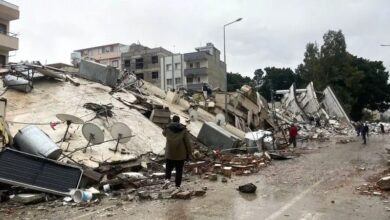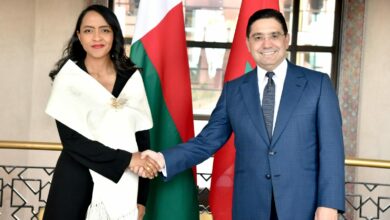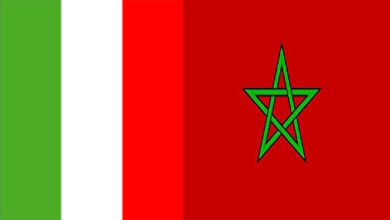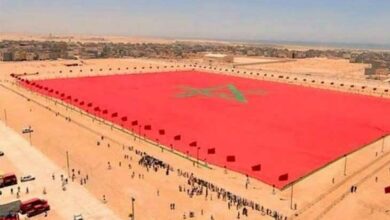Influencers Who Insult Morocco Then Invited to Promote World Cup Stadiums: Who Bears Responsibility?

ALDAR / Iman Alaoui
In a move that raised many questions, a number of foreign influencers were brought to Morocco to take part in a promotional tour of the stadiums for the 2025 Africa Cup of Nations. This came with the near total absence of the national press, which possesses the legitimacy and expertise to cover such a major event. What intensified the controversy, however, is that some of these influencers had previously insulted Morocco directly—either by promoting negative images of the country or by adopting hostile positions that explicitly targeted its territorial integrity.
It emerged that among the invitees were individuals who had previously published maps of Morocco stripped of its Sahara, while others had echoed the Algerian regime’s rhetoric against Morocco’s interests. Some went so far as to disparage the Kingdom in past content that can only be described as an affront to Morocco’s image and national causes.
This baffling choice raises fundamental questions about who decided to invite such figures to showcase Moroccan stadiums, as if the Kingdom lacked local, Arab, and African influencers who respect its values and believe in the justice of its causes. How can the task of promoting a continental event of this scale be entrusted to individuals with a record of hostility toward Morocco? And what message does this send to national public opinion when Moroccan journalists are sidelined in favor of figures whose positions and biases are already suspect?
The issue is no longer just about a social media marketing campaign; it has become a matter of credibility and national dignity. What happened gives the impression that those in charge of the organization prefer “digital noise” over safeguarding national constants. Morocco, which invests billions of dirhams in sports infrastructure and is preparing for major events, cannot allow its image to be projected to the world through the lenses of people who have previously undermined its territorial integrity or insulted its people.
This leads to the central question: who is responsible for this grave misjudgment? And will there be real accountability for those who granted the privilege of promoting Morocco to individuals who do not deserve to represent the country for even a single day?
In the end, this initiative—rather than enhancing Morocco’s image—sparked widespread controversy and discontent, proving once again that any negligence concerning issues of identity and sovereignty cannot pass without consequences.





